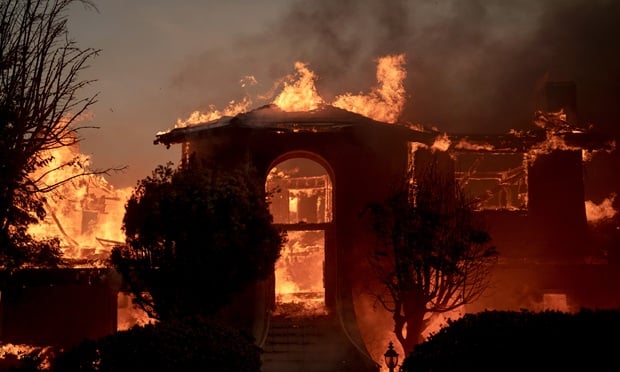NU Online News Service, March 15, 2:42 p.m. EST
The Utah Legislature approved a bill restricting fees that municipalities can charge after an accident occurs.
The bill, SB273, was a compromise struck between the insurance industry and municipalities, according to Property Casualty Insurers Association of America (PCI) Assistant Vice President and Regional Manager Kenton Brine.
He said municipalities will still be able to charge for "hard costs" associated with accidents, such as towing, cleaning up spilled fluids, or to repair damaged roads. But other fees, such as "engine fees" or fees for police showing up on the scene to direct traffic, would be banned.
Mr. Brine said PCI had been in discussions with municipalities about the issue for a couple of years, but many local officials considered a bill unnecessary and did not want to give the state the ability to usurp their authority to charge fees. This session, Mr. Brine said, "lightning struck" and a compromise was hammered out.
The bill passed the House by a 72-2 vote, and passed the Senate unanimously, 28-0. The bill now goes to Gov. Gary Herbert. The governor has given no indication whether he will sign the bill, but Mr. Brine noted that support was overwhelming and the legislation is a compromise struck with the cities.
Accident fees have popped up in states around the country as municipalities try to raise more revenue to close budget holes. The concept, opposed by the insurance industry, involves charging a fee to either motorists or insurers for emergency-service responses to auto accidents.
In a previous interview with NU, Neil Alldredge, senior vice president of state and policy affairs for the National Association of Mutual Insurance Companies, said a problem insurers face in combating the issue is that it is not brought up in the light of day. Many times, he said, the idea is raised at the municipality level, and insurers do not find out about it until it has already passed.
Bob Passmore, PCI's senior director of personal lines, said when the issue does pop up in municipalities, that opens the opportunity to discuss the matter at the state level. He said it is tough to get legislators to talk about the issue if nothing is happening in their state.
As for pending action around the country, Mr. Passmore said legislation to restrict the fees has passed one legislative chamber in Colorado, Kansas and Arizona. Indiana has already passed a limitation but is discussing some adjustments. Legislation was introduced in Massachusetts, Michigan and California.
New York City announced in December plans to charge a $500 fee to motorists if the fire department has to come to their aid.
A Harris Interactive survey conducted for PCI in January found that 76 percent of adults believe their taxes already cover the time and services provided by emergency-response providers following a traffic accident and that further fees are not necessary. The survey polled 1,428 adults aged 18 or older.
Want to continue reading?
Become a Free PropertyCasualty360 Digital Reader
Your access to unlimited PropertyCasualty360 content isn’t changing.
Once you are an ALM digital member, you’ll receive:
- Breaking insurance news and analysis, on-site and via our newsletters and custom alerts
- Weekly Insurance Speak podcast featuring exclusive interviews with industry leaders
- Educational webcasts, white papers, and ebooks from industry thought leaders
- Critical converage of the employee benefits and financial advisory markets on our other ALM sites, BenefitsPRO and ThinkAdvisor
Already have an account? Sign In Now
© 2024 ALM Global, LLC, All Rights Reserved. Request academic re-use from www.copyright.com. All other uses, submit a request to [email protected]. For more information visit Asset & Logo Licensing.








